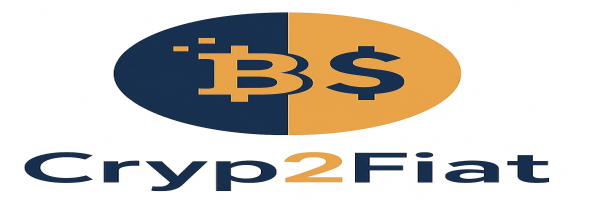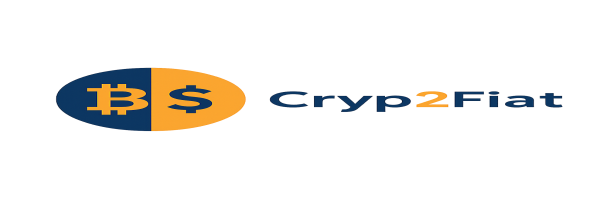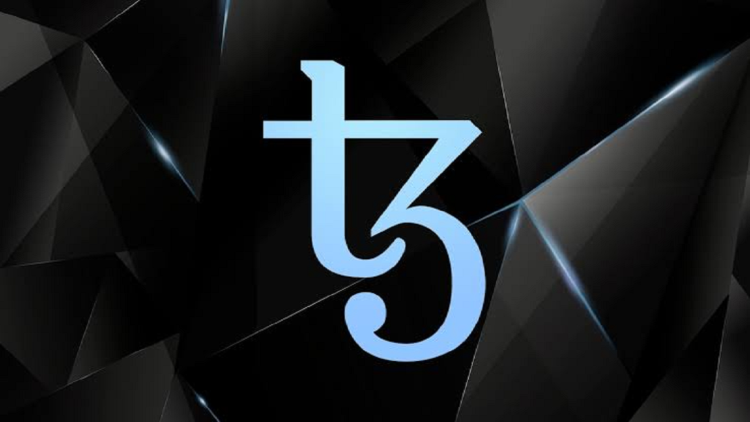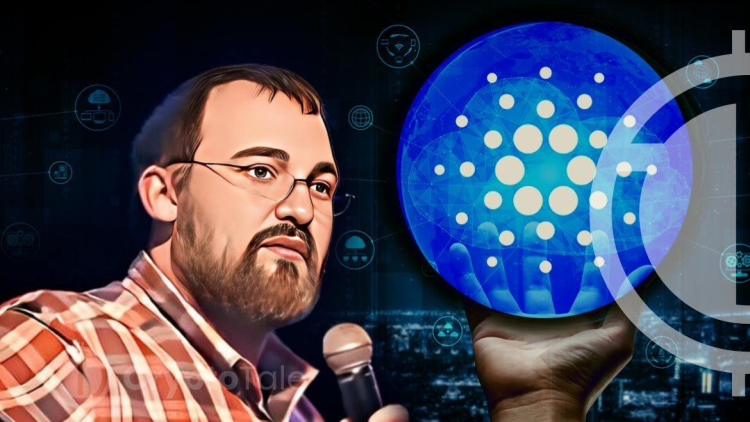What Is Holo (HOT)?
Holo is a peer-to-peer distributed platform for hosting decentralized applications built using Holochain, a framework for developing DApps that does not require the use of blockchain technology. The goal of Holo is to serve as a bridge between the broader internet and apps built using Holochain, offering an ecosystem and marketplace in which DApps are easily accessible, as they are hosted on the internet by Holo network participants. The Holo network will be facilitated using a token called HoloFuel, which is actively being tested and will act as an accounting system to pay hosts for their services. In 2018, the project minted an ERC-20 token, HOT — also known as HoloToken — as an "IOU" that will be redeemable for HoloFuel upon launch. Holo is still in development and is expected to launch for open alpha and beta testing by 2021.
Who Are the Founders of Holo?
Holo was founded by Arthur Brock and Eric Harris-Braun, both of whom are experienced contract coders. The two first started working on the project in December 2016 as a part of the MetaCurrency Project, a developer of tools and technology designed to power a future P2P economy. Holo was partially modeled after Ceptr, a cooperative P2P framework for DApps that the two had previously worked on. Brock has prior experience coding alternative currency systems as the founder of Geek Gene, a company that developed community-building tools, including more than 100 alternative currency solutions. He also co-founded social-enterprise incubator Emerging Leader Labs and founded open-source education "starter kit" Agile Learning Centers. In March 2019, Brock was named a fellow of the New Zealand-based Edmond Hillary Fellowship. Harris-Braun started programming full time in 1988 and is the founder of Glass Bead Software, a developer of peer-to-peer communication software, as well as co-founder of Emerging Leader Labs alongside Brock. In 2003, he co-founded Harris-Braun Enterprises, a freelance software development and consulting firm. He has also served on the advisory board of the Schumacher Center For New Economics.


 Chinese Yuan
Chinese Yuan
 Emirates Dirham
Emirates Dirham
 American Dollar
American Dollar
 Swiss Franc
Swiss Franc








